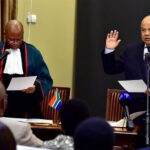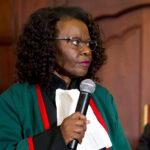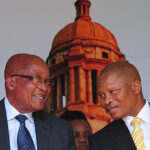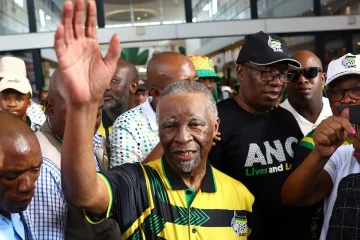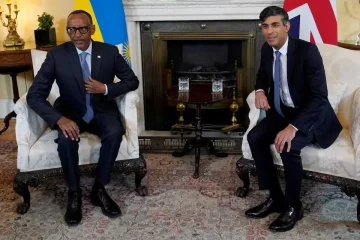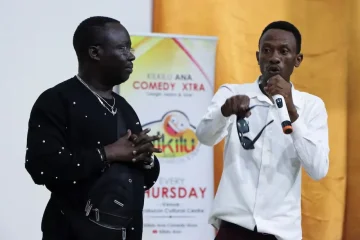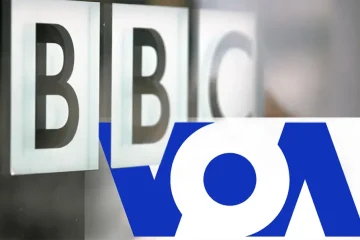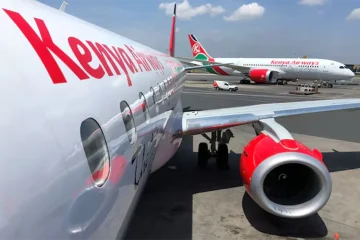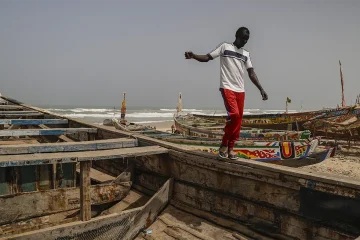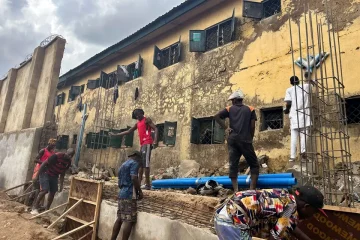AFRICAN MIRROR REPORTER
IN a minority judgment, South Africa’s Chief Justice found that President Cyril Ramaphosa personally benefited from the R500 000 contribution to his 2017 campaign to be ANC president and he deliberately misled Parliament and Public Protector Advocate Busi Mkhwebane.
Mogoeng said Ramaphosa carefully and intentionally gave a false version of what he knew to be the case, to Mkhwebane. “What he did is highly unethical and a resounding rejection or dereliction of his key constitutional obligations,” Mogoeng said, adding that Ramaphosa’s version was “a calculated misrepresentation of the facts by someone who is confident that the truth would never be uncovered.”
Mogoeng’s judgment, while noted, has no effect and is superseded by the majority decision which was written by Judge Chris Japhta and supported by six judges.
In his judgment, Mogoeng said there was no doubt that Ramaphosa benefited personally. “Whichever way you look at it, the President received a disclosable benefit, disclosable precisely because it has a potentially compromising short- and long-term effect. That money could have and should have come directly to the President because he is the one who needed it for his own personal benefit. He was required to and should therefore have disclosed it,” Mogoeng wrote.
The Chief Justice also found that the anonymous emails containing communication within the CR17 campaign were admissible as evidence, even if they were not put to Ramaphosa and said the president was guilty of misleading the Public Protector.
Mogoeng wrote: “The President says repeatedly that he was not afforded the opportunity to be heard before the emails were finally relied on, that they were stolen or irregularly-obtained from the CR17 campaign computers and because they constitute improperly-obtained evidence, that irregularity alone is sufficient to vitiate the entire Report.
“The President effectively acknowledges the existence and admits the authenticity of the emails. He confirms that they are indeed communications between him and, among others, the CR17 campaign team contained in the computers of the CR17 campaign. He demands more than once that the Public Protector should explain to him how and from whom she obtained these admittedly truthful but reputationally damaging emails. Not once does he explain why he and his team chose not to tell the truth but to rather mislead the Public Protector as they did. Instead he says that the emails are, in any event, irrelevant to the Public Protector’s findings. But, that cannot be correct. For, not only are the emails relevant, but they also expose the falsehood of the version that the President and the CR17 campaign managers chose to present to the Public Protector.
“And it bears repetition that that false version is that there was a deliberate plan to ensure that the President does not get to know who the donors were, how much they donated and how the financial assistance received for his campaign was being used. The emails squarely belie this assertion. The question that we should then be asking ourselves is: why did the President and his team deliberately convey a falsehood on an issue so crucial and inextricably connected to the constitutional imperative to promote and observe high ethical standards in obedience to the demands of our democratic State’s founding values – openness and accountability.
“He must have known that if the truth evidenced by the emails were to be told the obligation to disclose the names of the funders and the size of their contributions to the National Assembly and by extension to the public would automatically and plainly be triggered. And in terms of the essence of My Vote Counts, the public would then have the opportunity to curiously and vigilantly monitor the outward manifestation of his relationship with the sponsors in line with the concerns raised by Honourable Maimane, MP regarding Mr Watson and the State tenders.”
Mogoeng found that Ramaphosa was the direct and primary beneficiary of funds sourced by the CR17 campaign. “It was not for the benefit of the party or official party structure, party-political campaign, or any other person, but for his own upward mobility – his personal benefit. The CR17 campaign was all about him. It was not meant to fund the party to run its day-to-day operations or win elections. It was about him fulfilling his dream to become President of the party and by extension of the Republic. After all, the party neither asked for those donations nor were they paid to the party coffers. He did and they were paid to his chosen or endorsed recipient,” he said.
Where the seven Constitutional Court judges found that Mkhwebane erred in dealing with matters that were not before her, Mogoeng disagreed.
He said: “The overall thrust of the Public Protector’s democracy-entrenching mandate is to rid our State of all forms of impropriety and unethical conduct, particularly at the level of the Executive. How inappropriate could it then have been for the Public Protector, whose constitutional duty it is to strengthen our constitutional democracy, to have, so to speak, left no stone unturned in investigating other potentially compromising donations to the CR17 campaign, using Honourable Maimane’s complaint as a launching pad? Shouldn’t transparency and accountability, in matters of this kind, trump legal technicalities, to ensure that substance is put over form? This should arguably be so, because the President and his team had the opportunity to address the CR17 campaign issues during the Public Protector’s investigations. He also deals with the emails with a measure of thoroughness.”


